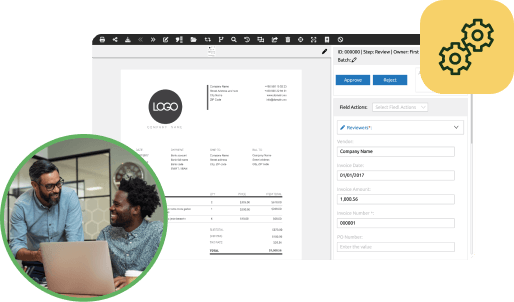
Janet Martin
Janet joined the PairSoft team upon its merger with Paramount Workplace, where she was also an integral part of the sales team for years. Janet resides in Michigan with her family.
View all posts by Janet MartinJanet Martin • January 25, 2024

QuickBooks has been a staple for small businesses, valued for its simplicity, basic features, and affordability. Ideal for startups and small enterprises, it offers essential functions like expense tracking, payroll management, and basic financial reporting. However, as businesses expand, QuickBooks’ limitations in scalability, customization, and advanced reporting become apparent.
For growing businesses, Microsoft Dynamics GP represents a significant leap forward. This ERP system caters to medium and large-sized businesses with advanced features like intricate financial management, supply chain automation, and extensive reporting. Dynamics GP facilitates in-depth control over complex accounting tasks, seamless integration with various business functions, and provides detailed analytics.
The shift from QuickBooks to Dynamics GP involves overcoming a steep learning curve due to the latter’s complexity. The investment in training, as well as the higher costs of implementation and maintenance, are notable challenges.
Despite these challenges, upgrading to Dynamics GP offers substantial benefits:
The future of accounting software lies in cloud-based solutions like Dynamics 365 Business Central, offering flexibility and real-time data access without the need for extensive infrastructure. The integration of AI and machine learning is set to further revolutionize accounting software, enhancing efficiency and predictive analytics.
The journey from QuickBooks to advanced systems like Dynamics GP reflects the evolving needs of businesses. While the transition presents challenges, the benefits in functionality, integration, and reporting are significant. With the ongoing advancements in cloud computing and AI, the future of accounting software holds even greater possibilities for efficient and insightful financial management.
As the landscape of accounting software continues to evolve, the integration of Artificial Intelligence (AI) presents new opportunities for businesses across various sectors, including healthcare, higher education, and nonprofit organizations. AI-driven solutions offer capabilities that extend beyond traditional automation, enabling predictive analytics, enhanced decision-making, and improved operational efficiency. Integrating AI with cloud-based platforms like Dynamics 365 Business Central opens doors to real-time data insights and adaptive functionalities, paving the way for more agile and data-driven financial management strategies. As businesses adapt to these technological advancements, the future of accounting software stands poised to revolutionize financial operations with intelligent automation and dynamic capabilities.
Get a free demo to learn how our tailored workflows have boosted the AP performance for organizations of all sizes.

